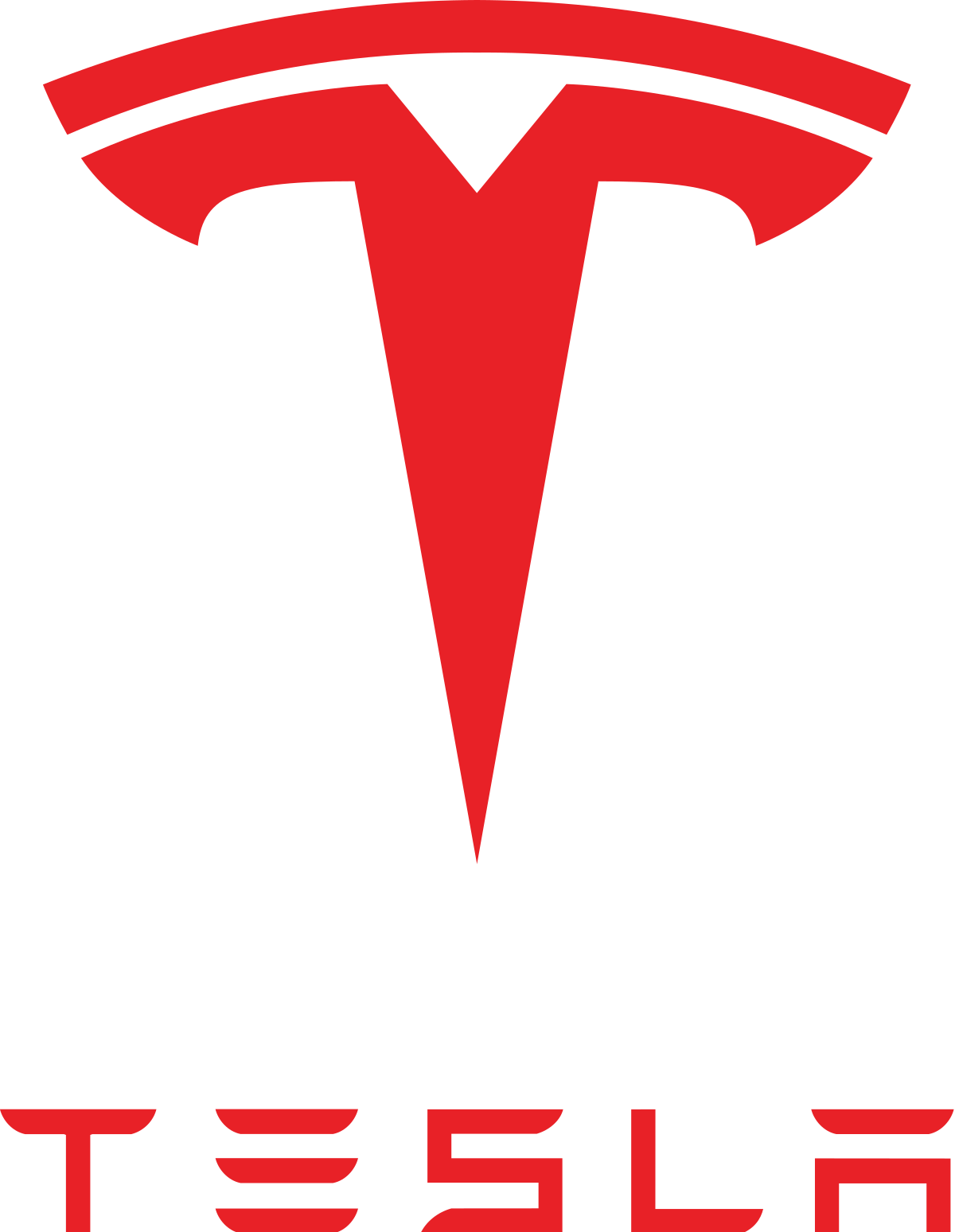
Tesla owners are increasingly parting ways with their electric vehicles, resulting in a surge in used car listings, as well as declining resale values. With the electric vehicle giant facing mounting criticism and ongoing controversies surrounding its CEO, Elon Musk, the trend appears to be gaining momentum.
The used car market for Teslas has reached an unprecedented high, with some industry reports revealing a surge in listings, particularly for the more established Tesla models such as the Model S and Model 3. The wave of resales is a direct reflection of growing dissatisfaction among some Tesla owners who are abandoning the brand in favour of alternative options. These developments suggest a shift in consumer sentiment, particularly as other EV manufacturers continue to make significant inroads in the electric car market.
The sharp rise in used listings signals a growing trend of “Tesla Exodus,” with more owners opting to sell their vehicles, often at prices lower than expected. This trend has been attributed to several factors, including concerns over the long-term sustainability of Tesla’s business model and dissatisfaction with the company’s approach to customer service and vehicle reliability. While Tesla’s reputation as a pioneer in the electric vehicle sector remains intact, the increasing number of dissatisfied customers has drawn attention to the brand’s potential vulnerabilities.
One key issue raised by former Tesla owners is the company’s handling of quality control. Complaints about build quality, inconsistent software updates, and occasional reliability issues have become more prevalent. Many former owners have reported frustration with these ongoing concerns, which are said to be compounding the sense of disappointment with the Tesla ownership experience. As the EV market matures and alternative options become more available, these issues have led some to reconsider their loyalty to the brand.
Tesla’s decline in resale value has contributed to the growing disillusionment. In comparison to other electric vehicles that are holding their value better, the resale value of Teslas has taken a noticeable dip. Used Teslas, once seen as a premium product, are now being offered at prices well below their original retail price. This drop in resale value is alarming for those who see their Tesla as a long-term investment, especially in an industry where many customers are concerned about their car’s ability to retain value.
The situation is exacerbated by the ongoing controversies surrounding Tesla and its CEO, Elon Musk. His high-profile public statements and erratic behaviour have left a negative imprint on the company’s public image. Musk’s polarising personality has turned away a significant portion of Tesla’s customer base, with some pointing to his controversial views on social media, corporate governance, and even his handling of labour disputes within Tesla’s workforce.
These factors have combined to create a perfect storm for the EV giant, leading to a growing wave of dissatisfaction among Tesla owners. Some customers, disillusioned by both product issues and Musk’s leadership, have chosen to switch brands, opting for competitors that offer more stability and a broader range of options.
However, this trend has also given rise to an interesting dynamic in the used car market. As more Teslas flood the second-hand market, buyers are faced with an abundance of choice but at the expense of facing increasingly depreciating values. Tesla’s once-lucrative resale market has become more unpredictable, as the influx of used vehicles affects both the pricing structure and consumer confidence.
Despite these challenges, Tesla continues to maintain its position as a leader in the EV sector, with a loyal customer base and a growing global presence. Its vehicles remain some of the most technologically advanced and sought after in the market. But the growing exodus of owners from the brand could potentially signal a shift in the future trajectory of the company, particularly if it continues to grapple with product issues and controversies surrounding its CEO.
Other automakers are capitalising on Tesla’s struggles, with companies like Rivian, Lucid Motors, and traditional manufacturers such as Ford and General Motors pushing out more competitive EV models. These companies offer alternatives that promise superior quality, performance, and customer service, which could entice disillusioned Tesla owners to make the switch. This shift in consumer behaviour suggests that Tesla’s monopoly on the EV market is not as secure as it once was, and the company must act quickly to address these concerns if it hopes to maintain its dominance.


